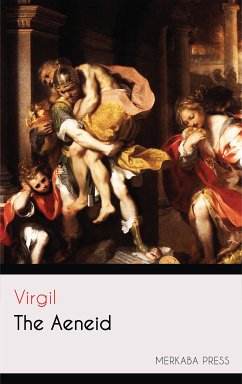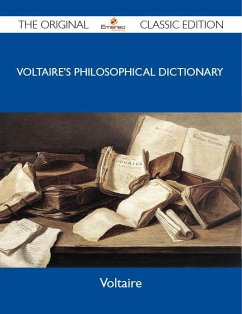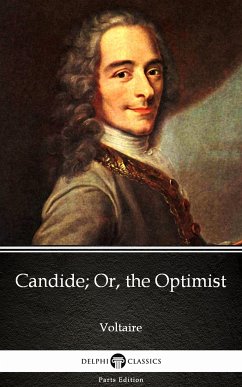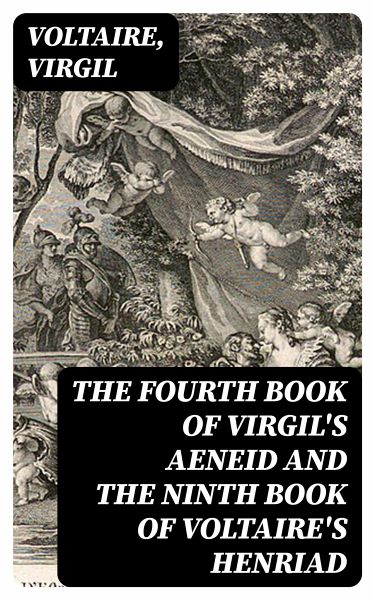
The Fourth Book of Virgil's Aeneid and the Ninth Book of Voltaire's Henriad (eBook, ePUB)

PAYBACK Punkte
0 °P sammeln!
This anthology, "The Fourth Book of Virgil's Aeneid and the Ninth Book of Voltaire's Henriad," offers an intriguing juxtaposition of classical and Enlightenment literature. At its core, the collection examines themes of heroism, human emotion, and the tumult of historical destiny. Both Virgil and Voltaire present powerful narratives that intertwine personal and political struggles, illustrating the timeless nature of these motifs. The selection draws attention to the stylistic evolution from the epic grandeur of Virgil's Latin hexameters to the Enlightenment wit of Voltaire's French verse, pro...
This anthology, "The Fourth Book of Virgil's Aeneid and the Ninth Book of Voltaire's Henriad," offers an intriguing juxtaposition of classical and Enlightenment literature. At its core, the collection examines themes of heroism, human emotion, and the tumult of historical destiny. Both Virgil and Voltaire present powerful narratives that intertwine personal and political struggles, illustrating the timeless nature of these motifs. The selection draws attention to the stylistic evolution from the epic grandeur of Virgil's Latin hexameters to the Enlightenment wit of Voltaire's French verse, providing a rich tapestry of literary artistry across time. The intertwined backgrounds of these towering figures present a cross-temporal dialogue, with Virgil, a crucial figure of Roman poetry, providing insight into early Western literary traditions, while Voltaire, a central thinker of the Western Enlightenment, critiques and builds upon these traditions. Their works collectively capture the ethos of their respective eras-Virgil's reflections on imperial Rome and Voltaire's commentary on monarchical France. This anthology enriches the reader's understanding of the cultural and philosophical dialogues between antiquity's epic narratives and the Enlightenment's reformative ethos. Readers are invited to explore this collection as a remarkable opportunity to traverse epochs through literature. This anthology is not only an educational journey into the hearts of two literary giants but also an exploration of persistent human questions and the art of storytelling across centuries. It offers a singular volume where the majesty of Rome meets the reason of Enlightenment, fostering a dialogue between different epochs that continue to influence modern thought.
Dieser Download kann aus rechtlichen Gründen nur mit Rechnungsadresse in A, B, BG, CY, CZ, D, DK, EW, E, FIN, F, GR, H, IRL, I, LT, L, LR, M, NL, PL, P, R, S, SLO, SK ausgeliefert werden.




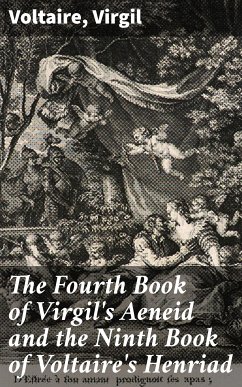

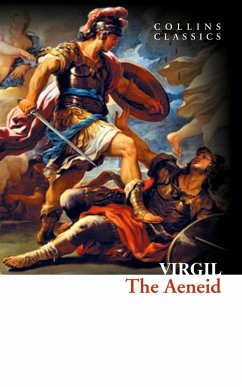
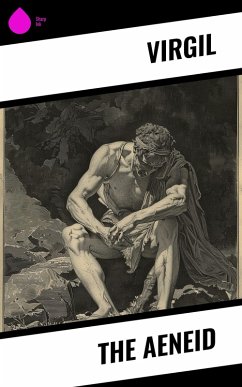
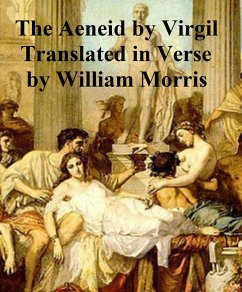
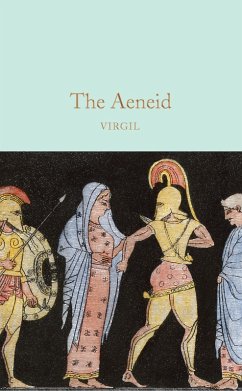
![The Aeneid [Annotated] (With Active Table of Contents) (eBook, ePUB) Cover The Aeneid [Annotated] (With Active Table of Contents) (eBook, ePUB)](https://bilder.buecher.de/produkte/48/48829/48829889n.jpg)
